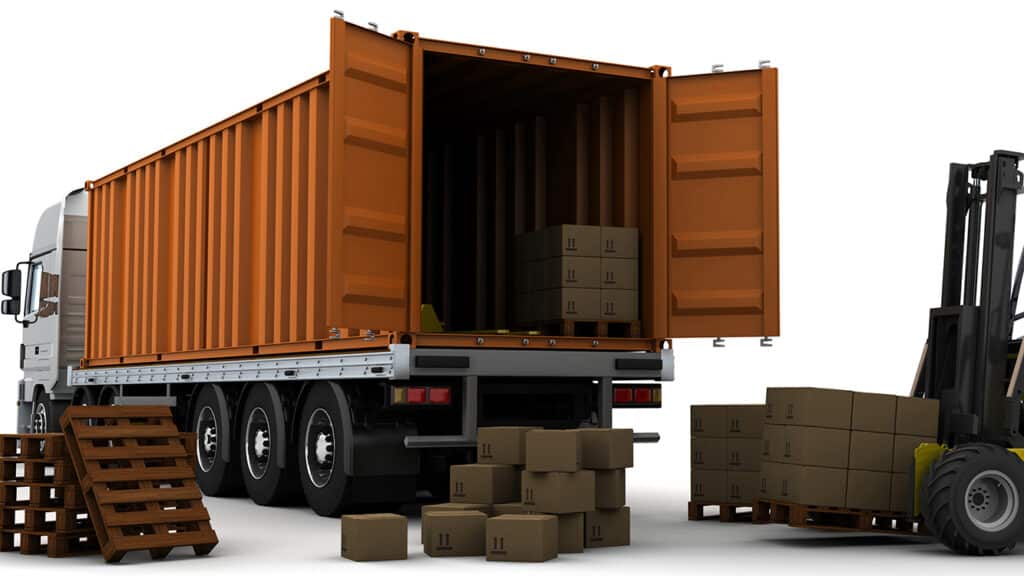
Indonesia as a nation with over 17,000 islands faces unique logistical challenges which makes cargo operations essential to its infrastructure. Due to its extensive geographical area and diverse economy, ensuring the seamless transportation of goods through ocean, land and air is crucial. Indonesia’s growing industries, from manufacturing to agriculture, depend on cargo companies to link producers and consumers, both domestically and internationally. As the global economy becomes more interconnected, Indonesia’s cargo expedition sector plays a pivotal function in supporting trade and driving growth. Connecting remote areas and associated industries The cargo network is the foundation of Indonesia’s trade.

The geography of Indonesia is a source of complexities for the logistics system. Although the major islands such as Java and Sumatra have a dominant position as industrial and economic hubs, smaller islands such as Papua as well as Nusa Tenggara are often struggling to gain the availability of reliable cargo services. This disparity highlights the importance of specialized logistics solutions. Businesses operating in the cargo sector utilize multi-modal transportation systems, combining land, sea and air cargo to get even the most remote destinations. Modern technology, including GPS tracking and route optimization software, can further improve effectiveness, which allows for quicker time to delivery and greater security despite geographic challenges. For more information please visit here Muat
Sea freight is still a major component of Indonesia’s cargo services due to its extensive maritime borders. With key ports like Tanjung Priok in Jakarta and Tanjung Perak in Surabaya serving as important hubs, transport of cargo by shipping is crucial to both the international and domestic trade. The government-funded initiatives such as”Sea Toll,” for instance “Sea Toll” program aim to close the gap between islands, making transport easier and more affordable. These efforts have significantly reduced business costs associated with logistics particularly in areas which were previously unserved. Yet, problems like congestion at ports and inconsistency of regulations still pose challenges, emphasizing the necessity for ongoing investment and improvement in the port infrastructure.
Air freight has emerged as an essential solution to time-sensitive shipping, especially within Indonesia’s highly e-commerce-driven economy. The explosive expansion of marketplaces online such as Tokopedia, Shopee, and Bukalapak have created a huge demand for swift and reliable freight services. Airports such as Soekarno-Hatta or Sultan Hasanuddin have become key points for air cargo that permit faster movement of goods across the archipelago. Air cargo is especially valuable for electronics, perishable items as well as high-value goods in which time is of the essence. Although it is more costly than sea or land transport but the speed and dependability of air transport ensure it will remain a vital alternative for companies needing quick delivery.
The rise of e-commerce Indonesia has revolutionized the logistics industry, triggering forward the field of cargo expeditions. Since consumers are increasingly turning to online platforms for their purchase, the amount of products that need to be transported has increased. Delivery last mile has become an important aspect for logistics companies, ensuring that the packages are delivered to customers in a timely and efficiently. Innovations such as automated warehouses, apps-based delivery tracking, and even drone technology are reshaping how things are shipped. These advancements not only enhance the customer experience but also establish Indonesia as a competitive participant in the global logistics market.
The cargo mission in Indonesia is not just a logistical necessity; it is a vital element of Indonesia’s economic structure. From connecting islands in remote locations and facilitating trade with other countries and facilitating international trade, this industry is the foundation for the nation’s development and growth. With continued investments in technology, infrastructure, and sustainable practices, the cargo sector has the potential to conquer the challenges it faces and increase the efficiency of its operations. As Indonesia expands as a major regional and global commerce hub, its expedition services will remain instrumental in ensuring that goods, services, and opportunities can flow smoothly across its huge and vast archipelago.





